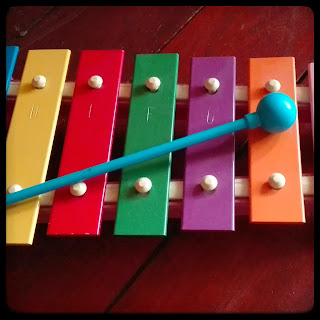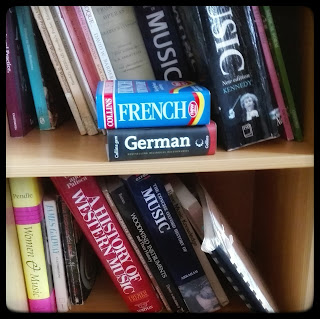Are you aware of how many questions you ask during a
lesson? What kind of questions are they?
Too often in a music lesson we tell. We tell the students
when they’ve made a mistake. We tell
them what the key signature is. We tell
them how a particular passage or rhythm goes.
A music lesson can become quite a passive experience.
But what if we asked more questions? What if we required our students to think a
little deeper about their musical experiences?
What if we made them a little more responsible for their own learning?
There are two types of questions we can ask: closed and
open.
Closed questions are those that are either right or
wrong. Questions that can be answered
with a yes or a no.
“What is the key signature?”
“What does allegro
mean”?
“Where do the dynamics shift to mezzo piano”?
These questions are good because they require
knowledge. You can gauge instantly
whether or not the student has that information.
Open questions lead to more questions. They require interpretation, thinking and reflection.
“What is the mood of this section”?
“Does that bowing work?”
“What would happen if you took a breath here?”
These questions need your student to work a little harder
and put more responsibility on to them.
Have a think about the questions you ask. Do you ask
questions? How can you better utilise questioning in your lessons?
(See what I did there?)





